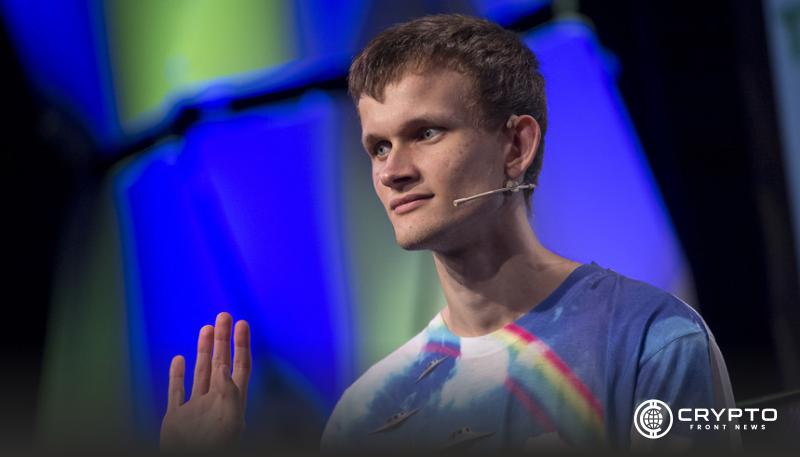- Vitalik vs. Surveillance – Buterin warns that government backdoors pose major security risks, citing real-world hacks as proof.
- L2 Centralization Trade-Off – While some criticize centralized sequencers, Buterin argues they enhance security and speed up transactions.
- Balancing Act – Ethereum must weigh decentralization against efficiency, as L2 solutions offer benefits but raise censorship concerns.
Vitalik Buterin has criticized government surveillance while defending centralized sequencers in Ethereum Layer 2 solutions. He argues that centralized data collection is a major security risk. He points to recent hacks, such as the Louisiana driver’s license breach and the China Treasury hack, as proof. He urges intelligence agencies to prioritize citizen security instead of mass spying.
The Debate on Government Backdoors
Governments often push for backdoor access to private data. They claim it ensures national security. However, Buterin strongly disagrees. He calls mass data collection a dangerous practice. He warns that such systems will inevitably be exploited by bad actors.
British politician Ben Wallace dismissed these concerns as “alarmist nonsense.” He argues that democratic governments with judicial oversight can manage backdoor access responsibly. However, critics worry about potential abuse and unintended security risks.
Centralized Sequencers: A Necessary Trade-Off?
Buterin also addressed criticism of Ethereum Layer 2 solutions. Some argue that L2s, like Arbitrum, Base, and Polygon, are too centralized. They rely on a single sequencer, creating a potential failure point. However, Buterin sees centralized sequencers as beneficial.
First, they help prevent frontrunning. Malicious actors exploit pending transactions on Ethereum Layer 1. However, a single sequencer can mitigate this issue. It has full control over transaction ordering, reducing manipulation opportunities.
Second, centralized sequencers provide near-instant preconfirmations. Unlike decentralized systems, they do not require multiple proposers to agree. This speeds up transaction confirmations, improving user experience.
Balancing Decentralization and Efficiency
Decentralization is a core blockchain principle. However, some trade-offs may be necessary for efficiency. Centralized sequencers offer speed and security improvements. But they also raise concerns about censorship and single points of failure. The Ethereum community must decide how to balance these factors.






